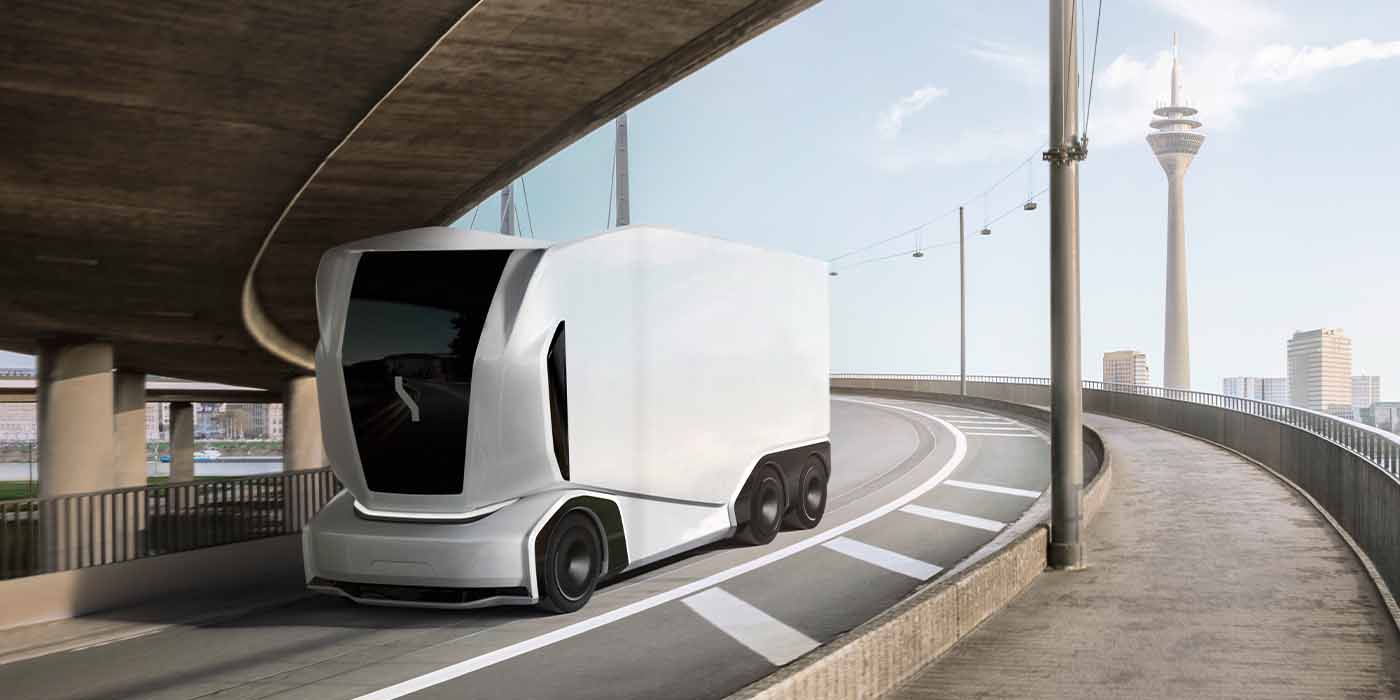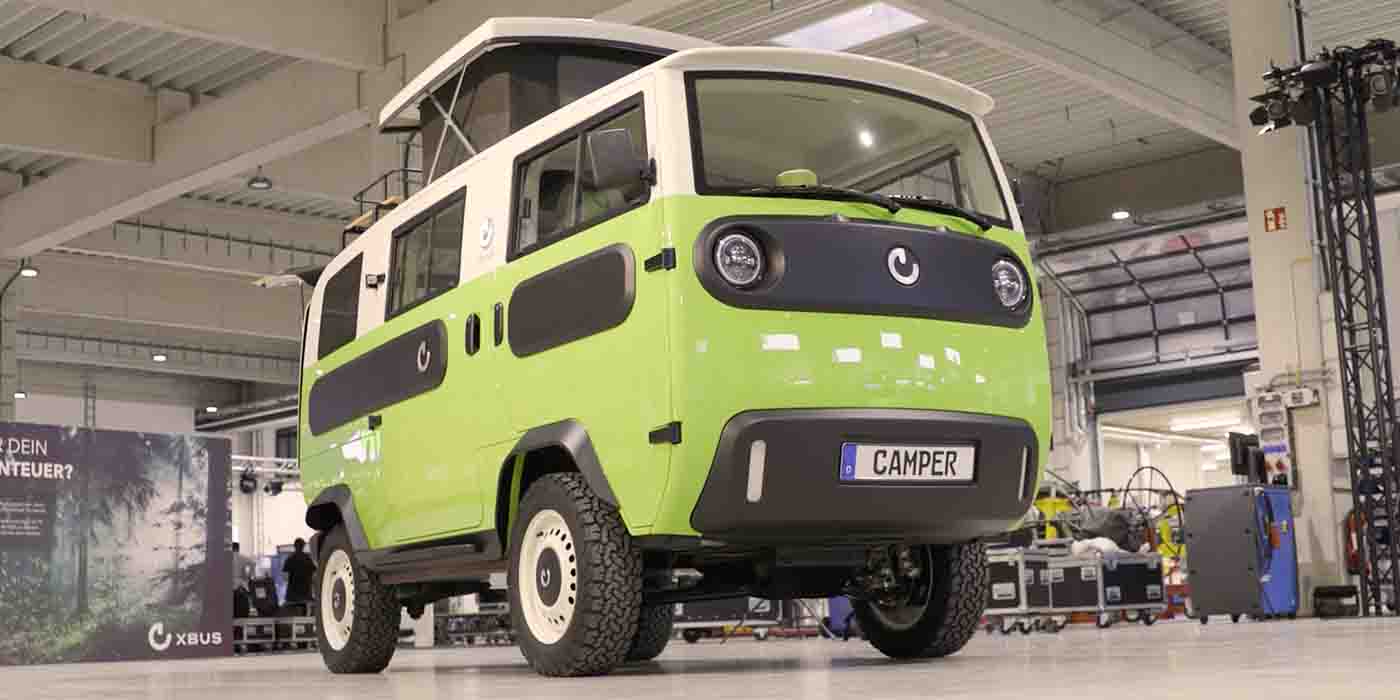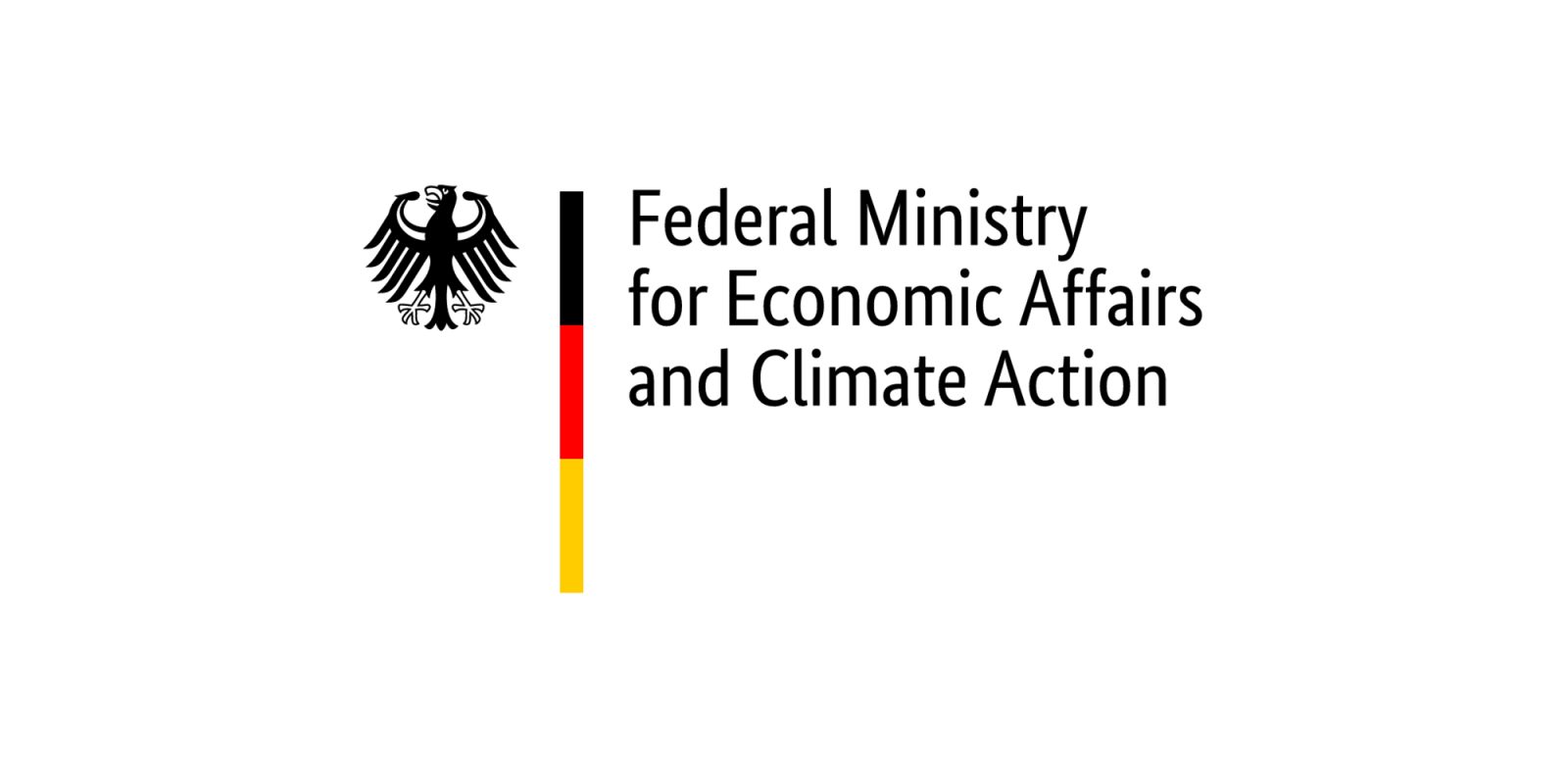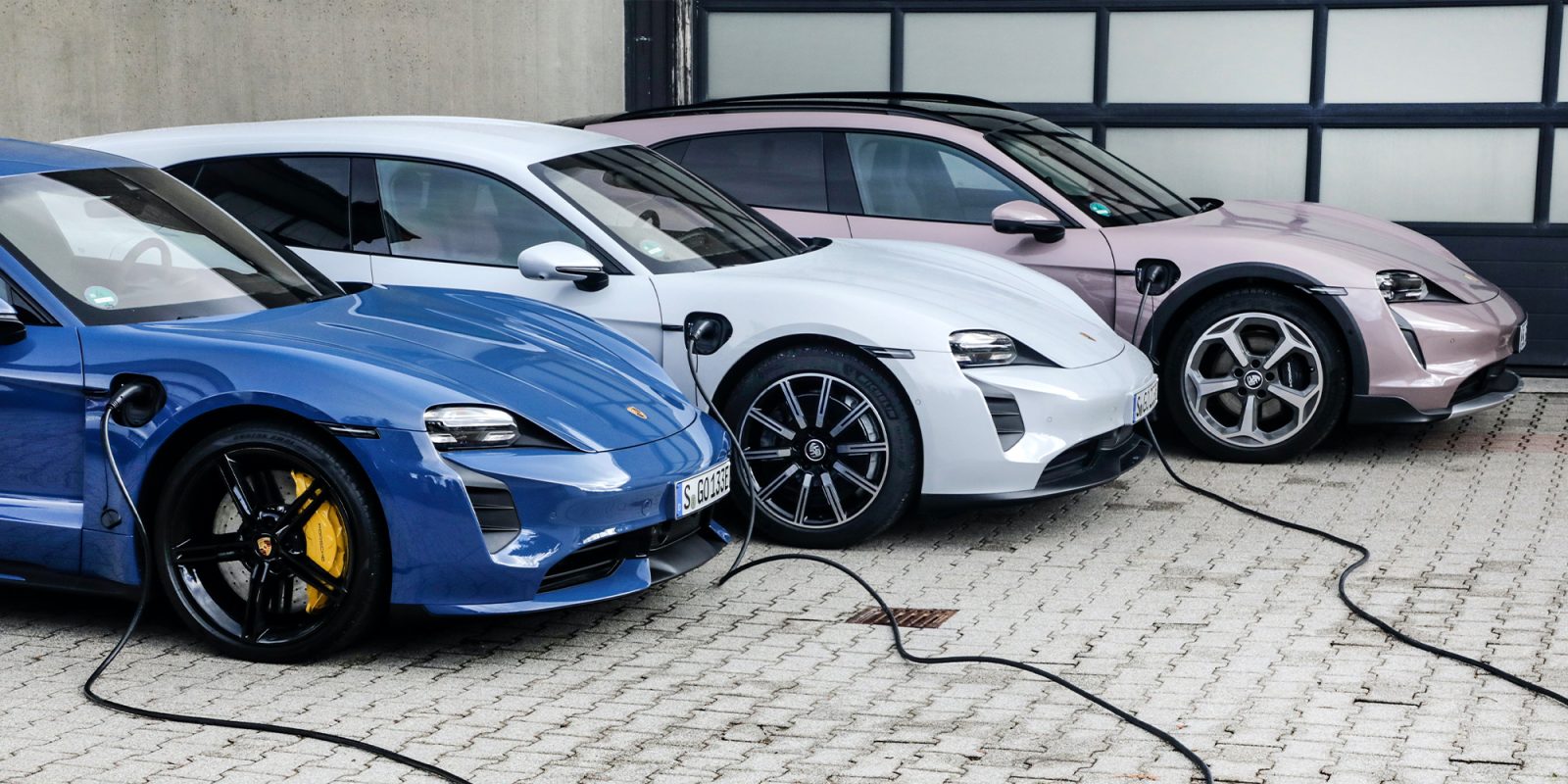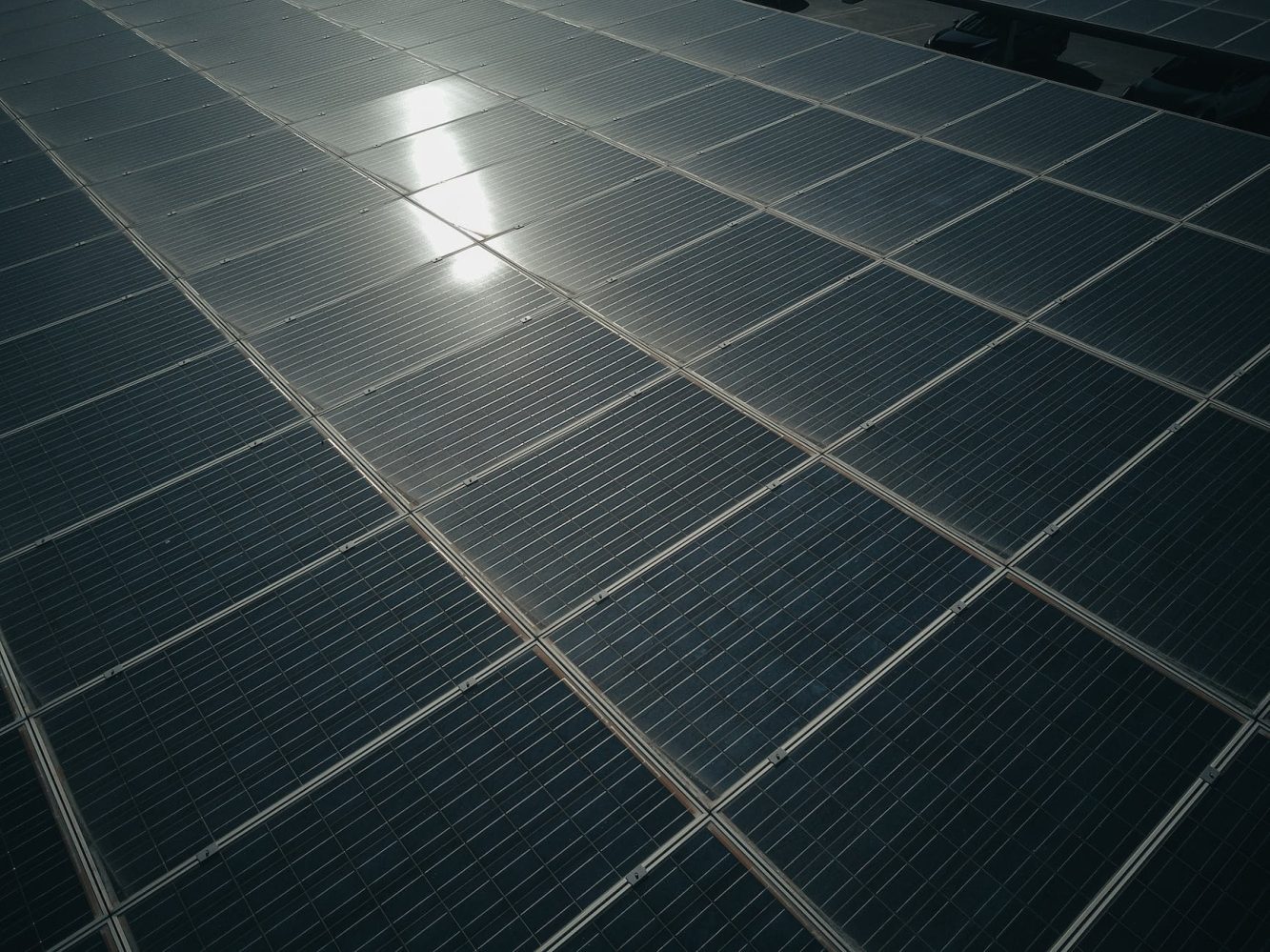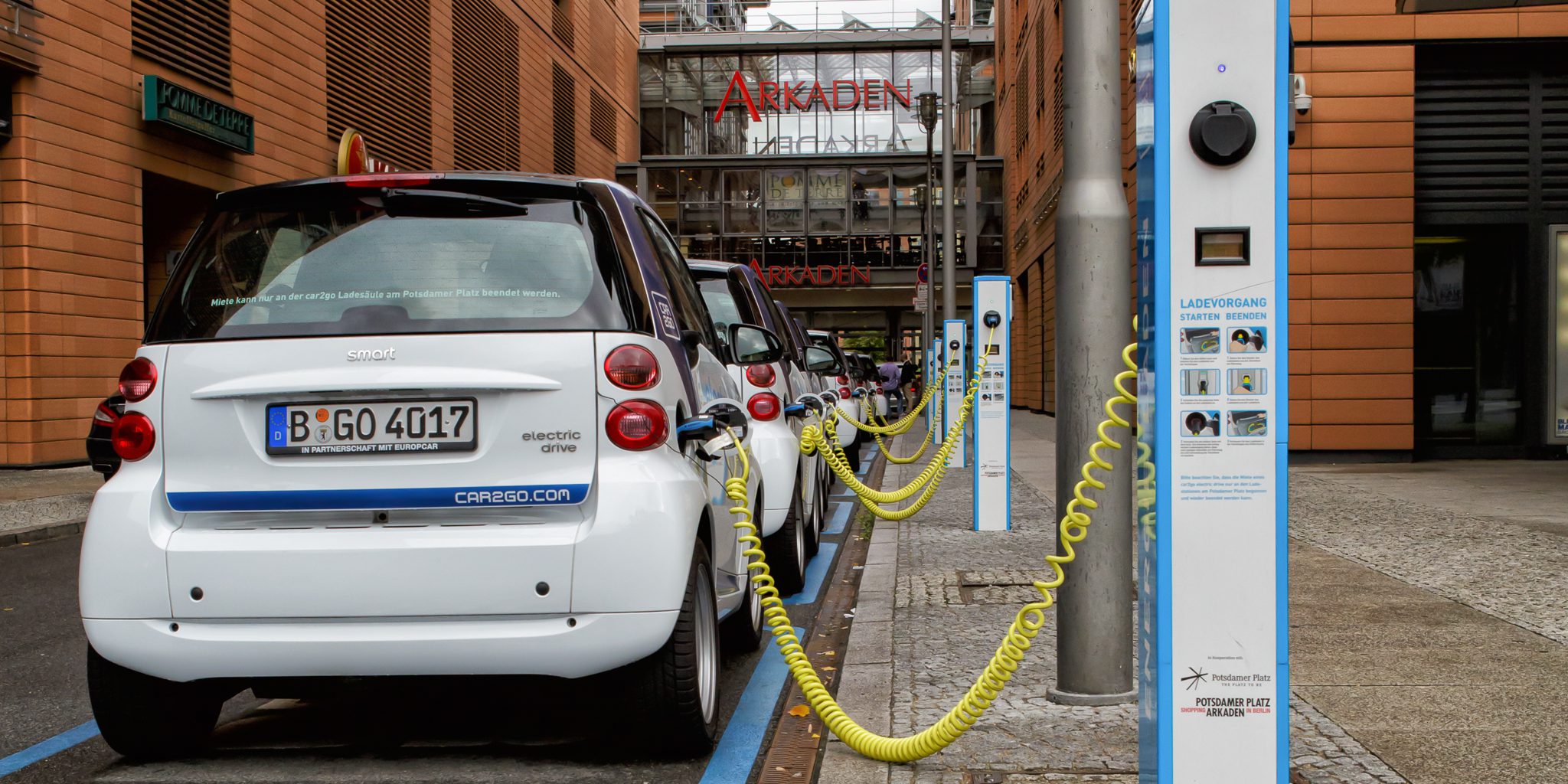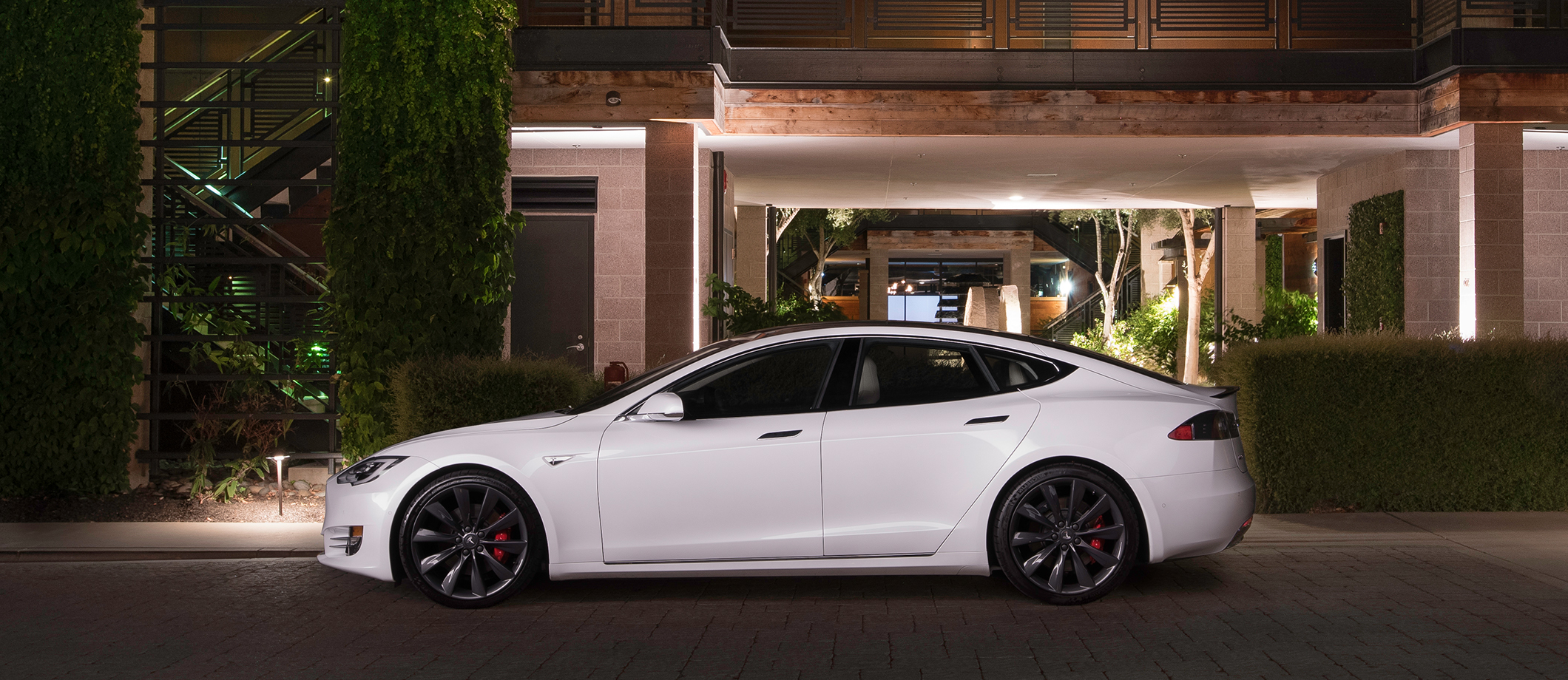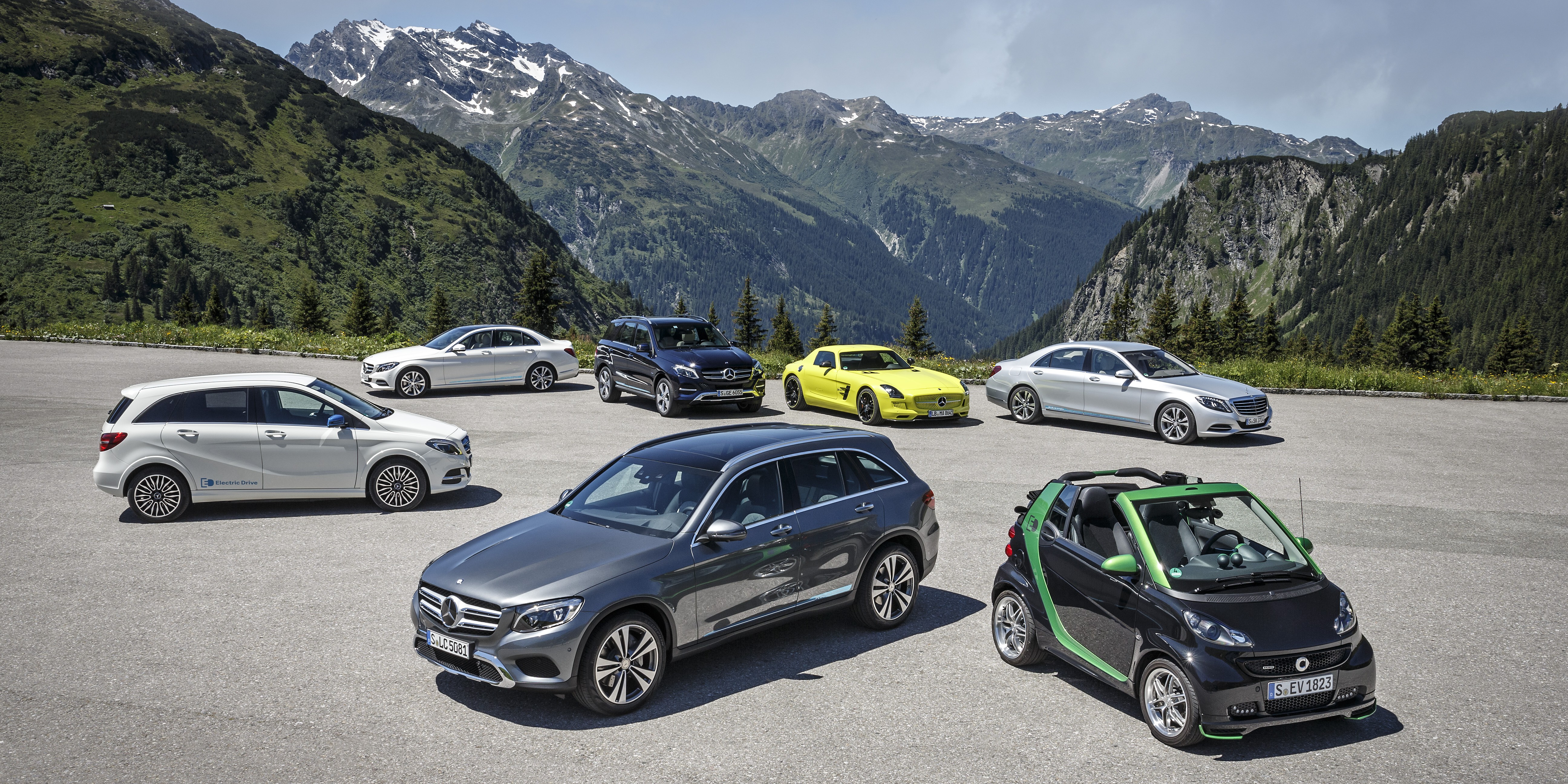Mercedes-Benz to double EV motor output at German plant to 1M units

German automaker Mercedes-Benz announced another big step in becoming an all-electric luxury brand by the end of the decade. The company recently shared that its Untertürkheim plant, where combustion engines have primarily been assembled, will be scaled up to deliver more EV motors for future Mercedes EQ vehicles. It is now targeting 1 million a year beginning in 2024.
Expand Expanding Close
